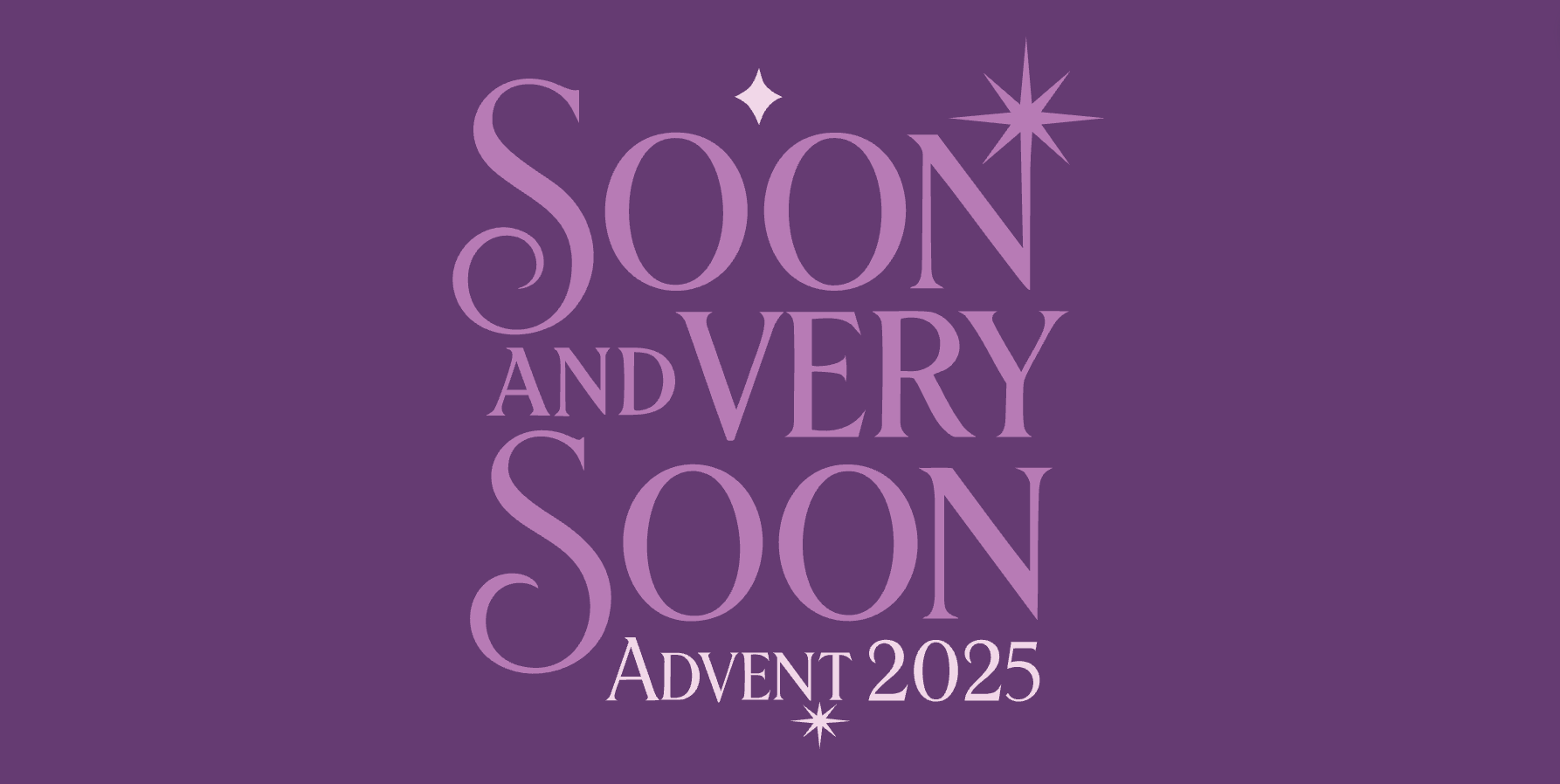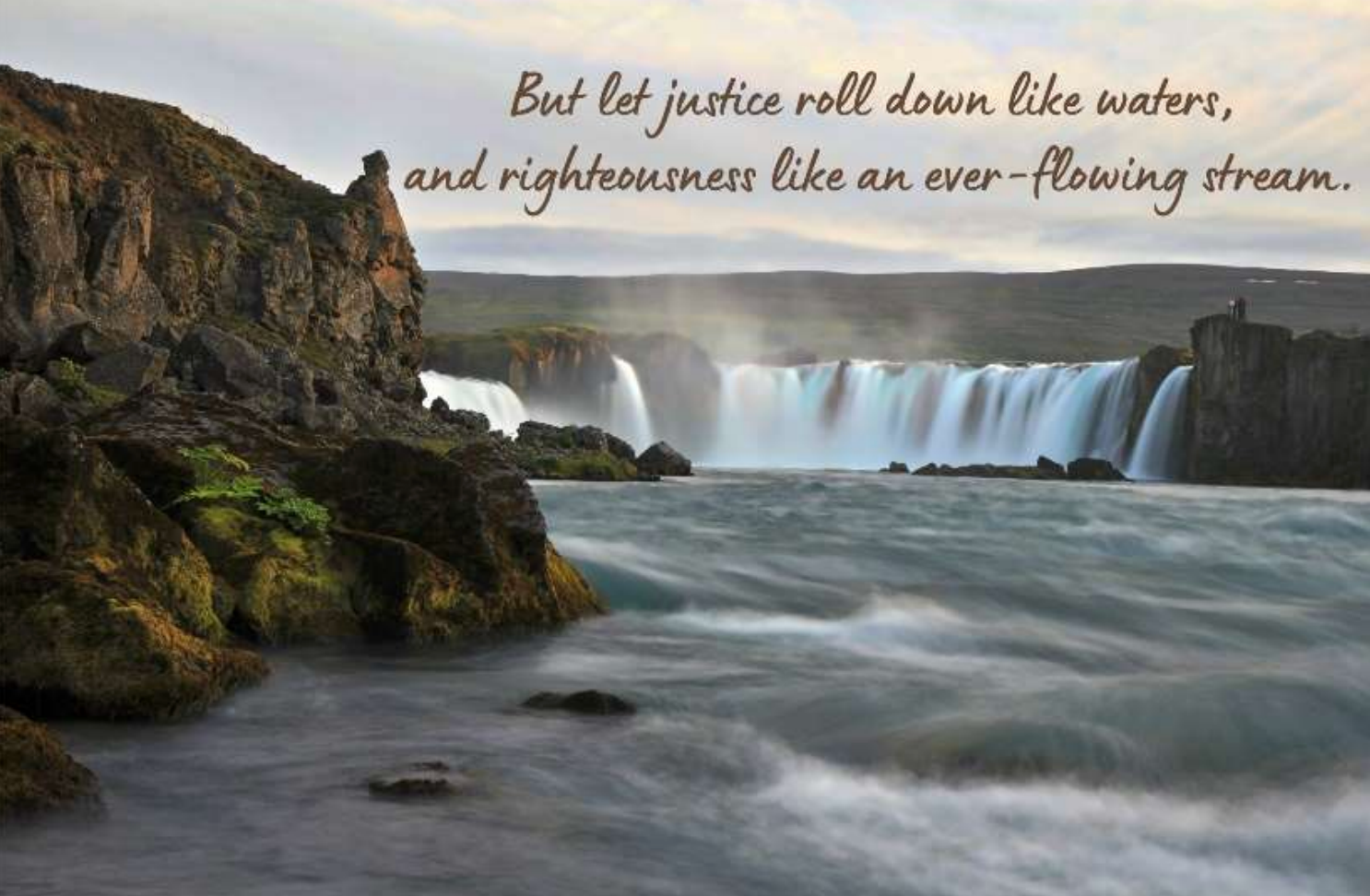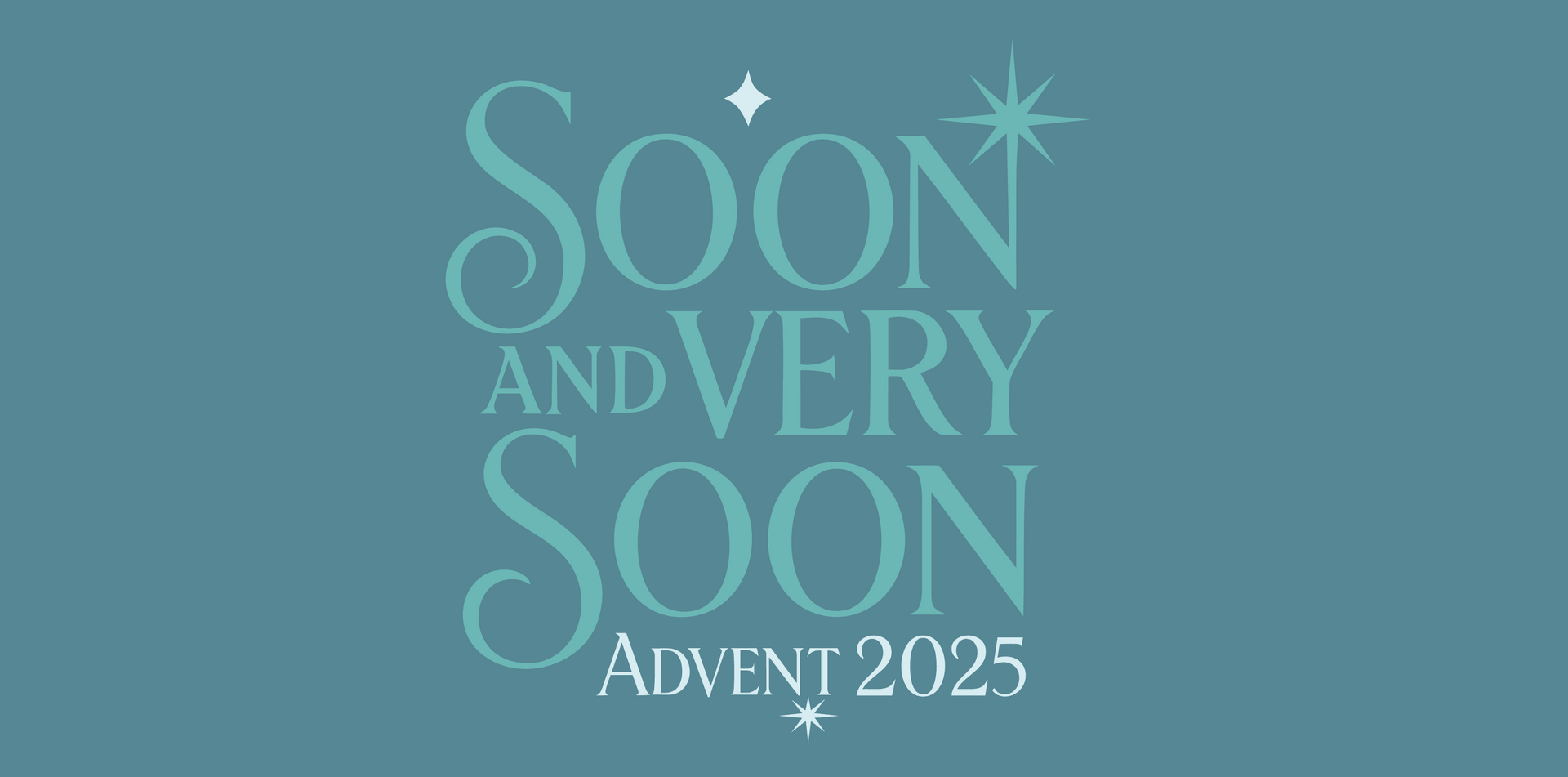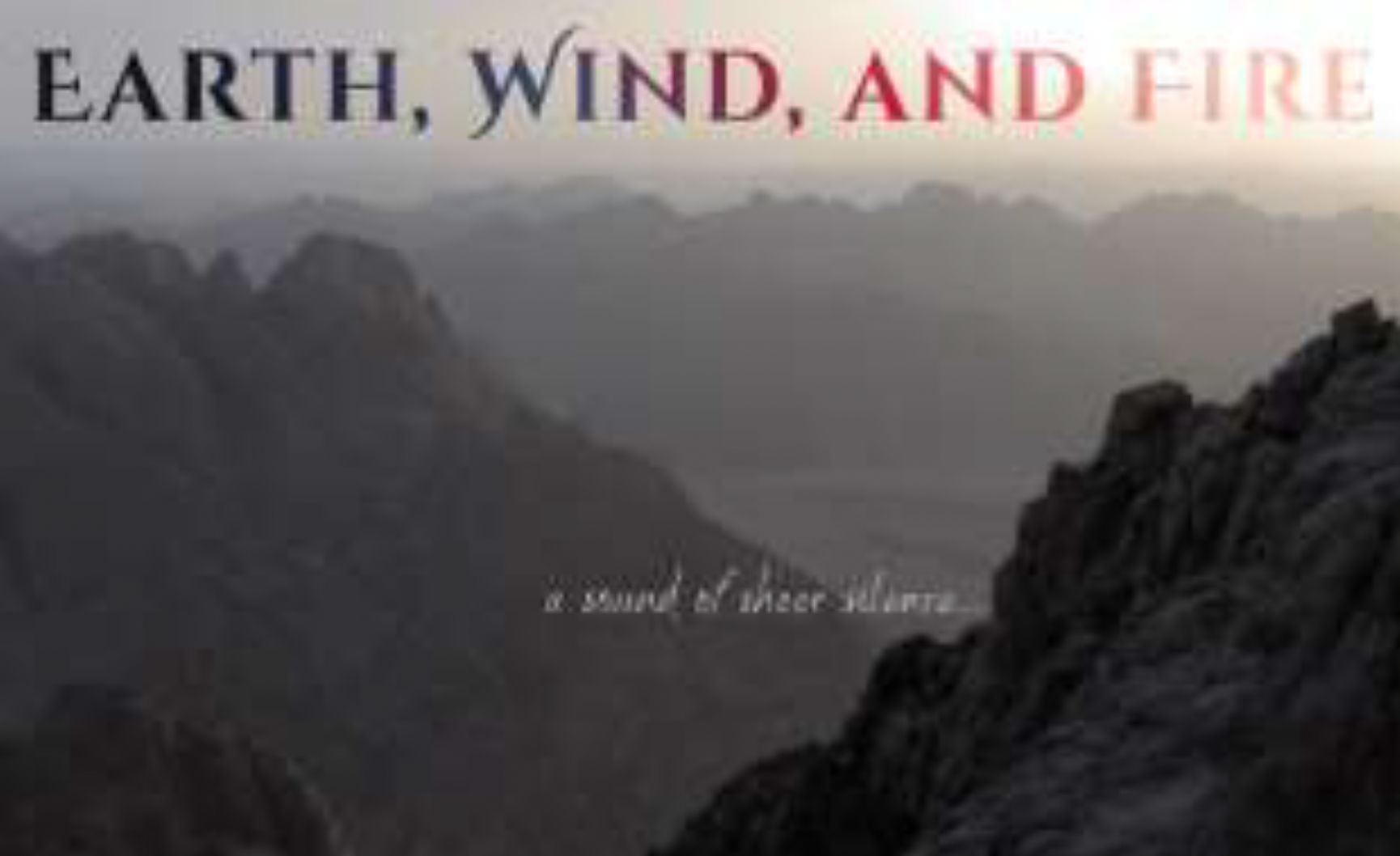Sermon 06.02.2024: Programmed to Praise
Psalm 100 is a psalm of praise. In it, the entire earth is called to praise, because praise is a job description of those God has created. Orienting our lives toward praise and gratitude is not an act of putting on rose colored glasses and refusing to see the broken and painful parts of the world. It helps keep the broken and painful parts of the world in the right perspective, which gives us the energy and the strength to work to make the world less broken, less painful. Let us praise God together.
Scripture
Psalm 100
Make a joyful noise to the Lord, all the earth.
Worship the Lord with gladness and come into God's presence with singing.
Know that the Lord is God. It is God who made us, and not we ourselves. We are God's people, and the sheep of their pasture.
Enter God's gates with thanksgiving and their courts with praise. Give thanks to God and bless their name.
For the Lord is good. God's steadfast love endures forever, and God's faithfulness to all generations.
Sermon Text
Last week we began our sermon series on the psalms. Joann and I were 50 Calvary people at the church-wide retreat at Lake Tahoe and we worshiped with you. Thank you, technology and Ethan.
At the retreat, people wrote psalms. Some were about everyday life challenges like allergies or sleepless nights as parents, some were about the beauty of nature that was all around us at the lake, and some were about our grief and loss. In all of these new psalms, one thing that came through is that God is with us in the midst of all of those things.
There are 150 psalms in your bible, taking up a lot of real estate in the library that is the bible. They run the emotional gamut from despair and longing, which we’ll hear next week, to praise and thanksgiving, as we heard today, and everything in between.
The Book of Psalms is a large collection of poetry, written over a span of more than 500 years. The Hebrew word for Psalm is “mizmor”, which means “something sung.” It’s a word that implies singing in praise, maybe with an instrument.
In the Hebrew bible, the collection of psalms has a different name than we give it, however. It’s the “Tehilim”, which means “praises.” Whether you sing them, as the choir is doing today, or read them, as we did just now, the emphasis, according to the Hebrew bible, is on the act of praising. In most cases, even the psalms of lament have an element of praise involved in them.
As scholar Robert Alter writes, “…the psalmists tell us that (our) ultimate calling is to use the resources of human language to celebrate God’s greatness and to express gratitude for (God’s) beneficent acts. This theme is sometimes given special urgency by being joined with an emphasis on the ephemerality of human life. Only the living can praise God.” (page xx, Introduction to The Book of Psalms: A Translation with Commentary)
Some of the psalms we’ll hear this month will be favorite verses, others will be vaguely familiar, and others may be completely new. Some of them will resonate with you, and others may not. While this could be true of any story in scripture, it is especially my experience of the psalms. Different psalms speak to us at different moments of our lives.
So, if you hear a psalm that makes your eyes glaze over a bit, don’t feel bad. Just flip to another psalm and keep reading until you find one that resonates. Trust that the words you don’t need to hear today will be available for you, when you do need them at some point in the future. The psalms “sing the faith” for us, in their varied expression and understanding, even when, perhaps especially when, we cannot sing the faith for ourselves.
Today’s psalm is a Thanksgiving Psalm—-make a joyful noise to the Lord, all the earth. It’s not a long poem. In its few short verses, it reminds us, though, of some important things.
All the earth is called to praise. Which means you and me and other human types. It also means ALL the earth—the trees of the forests, the birds in the air, the fish in the sea, and the adorable baby panda bears— all creation is called to praise God.
The earth is called to praise because praise is a job description of those God has created. And, for the record, that’s all of us. We, along with the rest of the earth, are a part of God’s creation.
The NRSV translates it as
“Know that the Lord is God.
It is he that made us, and we are his;”
Another translation, which we heard today, translates it this way:
“It is God who made us, and not we ourselves.”
Included in that verse is the sense of “God made us. We did not make God.”
We are God’s creation. God’s people. The flock God tends.
This may seem obvious, something that shouldn’t need to be said. Often, though, we forget we are created, that we are a part of a larger creation, all made in love. And you will never meet someone who was not made by God in love. Ever. It is a good reminder as we begin PRIDE month that you don’t have to understand someone’s story to love them. And just maybe take the time to listen to their story so you can understand it better. You will never meet someone who was not made by God in love.
It is God who made us and not we ourselves.
We act as if we created our own selves by our own proverbial bootstraps and are fully in control over everything we survey. But it is God who made us, and not we ourselves.
Until, of course, we have those moments where we recognize we aren’t in control. And we scurry back to the shelter of the wings of God, who did make us, and who spun the whirling planets, and we say, “The Lord is God. God made us, and we are God’s. We are the sheep of God’s pasture.”
Why are we called to praise God?
We don’t praise God because God is an egomaniac who wants the divine creation to focus all attention on God. We praise God because it is the way we are oriented to God and to the world.
John Calvin, in his Commentary on the Psalms, wrote:
“The whole world is a theatre for the display of the divine goodness, wisdom, justice, and power, but the Church is the orchestra, as it were—the most conspicuous part of it; and the nearer the approaches are that God makes to us, the more intimate and condescending the communication of his benefits, the more attentively are we called to consider them.”
Using Calvin’s imagery, all of creation is a stage to display God’s goodness, so our very existence is sign of God’s goodness and our praise is our work in the orchestra at the theater.
Anyone who has been a part of an orchestra, band, or choir knows what a great metaphor this is from Calvin. If we are in an orchestra only for our own selves, to play whatever we want while ignoring the musicians next to us, it will be a cacophony of disaster. If I start singing “Freebird” while the rest of the choir sings Cantate Domino, it wouldn’t be a joyful noise.
When you see yourself as one of many musicians, you have to pay attention to what the other musicians are doing, listening for tempo, style, and volume. You have to watch the conductor, looking for direction. It orients you to looking beyond yourself.
I hope you’ll be able to come to the concert today at 1 as the choir is preparing for our tour this month. Watch the choir and notice how great we sound when we remember to watch Michael and don’t get buried in our music. I promise you my voice sounds better when it joins with the other voices in the choir than it sounds by itself. We are created to praise God with all the earth, joining our voices together.
Make a joyful noise to the Lord, all the earth.
Worship the Lord with gladness;
come into their presence with singing.
Our call to praise God orients us toward God. And in a world where we could focus our attention in many, many different places, the reminder to orient our lives, in praise, toward God is powerful.
You may have heard of the practice of a “gratitude journal”, where you spend a few minutes each day writing down a few things for which you are thankful that happened each day. If I’m looking for things about which you can be thankful, I’ve discovered I tend to see them everywhere.
Some days my gratitude is easy to see and abundant, making it hard to choose only 3 things. Even on crappy days, I can always find 3 things. I’ve been grateful for laughter at the bedside of a dying friend, for a day with no new political news, and for the church not flooding during torrential rains.
Sometimes it’s the little things.
Gratitude is another form of praise. It is a claim that in the midst of the world we’re in, we’re aware of blessing and gift.
Studies have shown[1] that this simple exercise has beneficial health effects. Tending to Gratitude improves physical and psychological health. It enhances empathy and reduces aggression. It improves self esteem and increases mental strength.
Orienting my life toward praise and gratitude is not an act of putting on rose colored glasses and refusing to see the broken and painful parts of the world. It helps me from letting the broken and painful parts of the world take over too much real estate in my soul, which gives me the energy and the strength to work to make the world less broken, less painful.
Make a joyful noise to the Lord, all the earth.
Worship the Lord with gladness;
come into their presence with singing.
This praise and thanksgiving we’re called to is not mean spirited. We don’t say, “Thank you God for making my enemy suffer.” That’s a different kind of psalm. Our praise and thanks are always in hope of the redemption of all creation.
Because if we’re all in this orchestra together, the music will be better if our enemies can join the chorus too, adding different voices to the song.
Making a joyful noise to the Lord, when the world around us seems hellbent on destruction and pain, is a counter-cultural act of defiance. When we can find joy and praise in the face of death, loss, and human-caused pain, we turn, we re-orient the world toward God. We claim that death will not win. We sing hope to a world hearing despair.
As Christians, as resurrection people, we are a people oriented in praise toward hope. Hope that the covenant promises God made to our ancestors have been fulfilled in Christ’s birth and will be fulfilled in Christ’s return. So, we make a joyful noise in hope that our work together as God’s people will make the song of the Psalmist true for the people in our community, for those who mourn, for the people still seeking the justice of equality, for all who live under the crushing blow of the oppressor.
We answer the psalmist’s call to shout with joy. Not blithe happiness, as if nothing were wrong in the world around us, but that joy that wells up in our souls when we remember that the pain and sorrow in this world do not have the final say.
One of my friends shared this quote with me.
Joy is not the absence of suffering. It is the presence of God.
So, to “make a joyful noise to the earth” is to announce God’s presence in the midst of every situation of our lives.
For the Lord is good;
God’s steadfast love endures forever,
and their faithfulness to all generations.
May it be so.
Amen.
[1] https://www.forbes.com/sites/amymorin/2014/11/23/7-scientifically-proven-benefits-of-gratitude-that-will-motivate-you-to-give-thanks-year-round/?sh=6462f033183c











